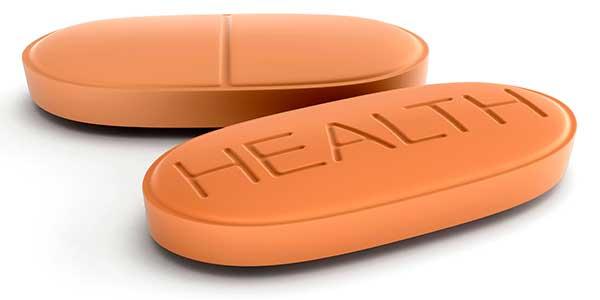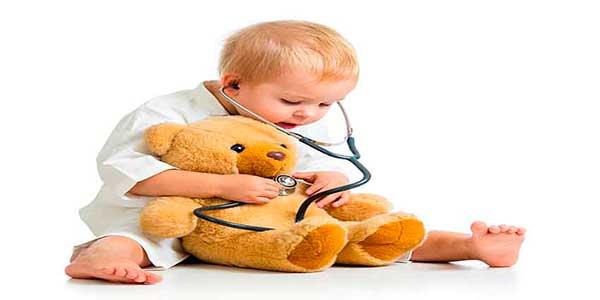How to Stay Healthy Around Dogs
There are many positive benefits of owning a dog. But pet owners should be aware that dogs can carry germs that make people sick.

Prevention is the key
Luckily germs and parasites from dogs rarely spread to people. But if they do they might cause illnesses, ranging from minor skin infections to a serious disease.
♦ Everyone should be careful around dogs, but particularly young children, pregnant women, or persons with weak immune systems.
Persons with weak immune systems may include the elderly or people with an illness such as diabetes or HIV/AIDS, or those undergoing chemotherapy.
Prevention is the key to protecting you and your family from getting sick.
• Seek routine veterinary care for your pet and
• Always wash your hands and the hands of children with running water and soap after contact with dogs, their stool, and their food.
By providing your pet with routine veterinary care and some simple health tips, you are less likely to get sick from touching, petting, or owning a dog.
What can I catch from my dog?
There are a number of diseases you can contract from Woofy. Not to panic though because most are rarely passed to humans, if you are careful.
The list may seem rather long but remember Woofy goes outside. He will visit many places and meet many other dogs. Not all dog owners take care of their pets as you may plan to take care of yours. You cannot deny Woofy the chance encounter because he is by nature a socializing fellow.
The most common diseases associated with dogs are
- Rabies (rare because of requirements for vaccination)
- Tapeworm (spread by infected fleas, children more commonly infected)
- Hookworm
- Roundworm (children most often affected)
- Campylobacter bacterial infection (can cause serious life-threatening infections in infants, older persons, and those with weakened immune systems)
The less common bacterial infections
- Brucellosis
- Capnocytophaga (in the mouths of dogs and cats)
- Ehrlichiosis
- Leptospirosis
- Lyme disease (transferred by ticks)
- Staph infections
- Pasteurellosis (50% of dog bite patients found to be infected)
- Plague (flea bites can infect people)
- Rocky Mountain spotted fever (RMSF), serious illness if not promptly treated
- Salmonella
Rare but possible parasitic diseases
- Cryptosporidium parasitic disease
- Echinococcosis parasitic disease
- Giardia parasite
- Sarcoptic manage (transferred to other animals by mite bite, not transferred to people but mite bites are not pleasant)
Possible fungal infections
- Ringworm (puppies most commonly infected, pass by touching infected area)
Healthy habits
♦ The CDC recommends hand washing whenever you play or work with dogs.
• Wash your hands with soap and running water after contact with dogs, dog saliva, or dog stool.
• Assist children with handwashing.
• Avoid kissing your dog, infections can spread through saliva
• Don't share food with your dog (it happens)
• Avoid bites and scratches from dogs. Dog bites might become seriously infected or might be a source of rabies.
• Be cautious with unfamiliar animals. Approach dogs with care, even if they seem friendly.
• Pick up and dispose of dog stools, especially in areas where children might play. Cleaning up after your dog will help keep the area clean and reduce the risk of spreading disease to people or other animals.
Pay attention to your dog's health
• Even if Woofy appears happy and healthy plan on a yearly vet visit.
A routine exam will catch small things before they become a major issue.
Your vet will advise you on how to keep your dog healthy.
Expect a regiment of monthly preventative measures for fleas, heartworms, and other parasites.
♦ Keep up to date on vaccinations.
• Make sure to clean up any urine, feces, or vomit in the house immediately, and disinfect the area well. Use disposable gloves and make sure to wash your hands thoroughly afterwards.
• Contact your veterinarian if you notice any signs of illness.
♦ Keep in mind that even a dog that appears healthy might spread germs to humans and other animals.





